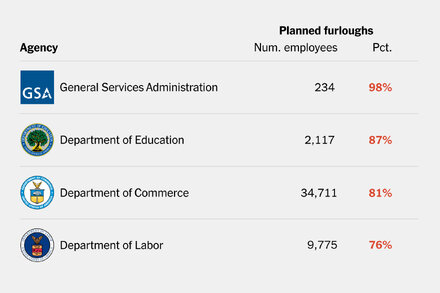The home building and renovation sectors are preparing for significant changes as new tariffs on imported kitchen cabinets and vanities are set to take effect. The impending duties are expected to drive up material costs, potentially increasing prices for new homes and making kitchen and bathroom renovations more expensive for homeowners across the country.
Industry experts are closely monitoring the situation, anticipating a ripple effect throughout the housing market. The tariffs, reportedly aimed at promoting domestic manufacturing and protecting local industries, primarily target finished and semi-finished wood cabinetry and vanity products originating from certain overseas markets.
Impact on Home Builders
Home builders, who rely heavily on a global supply chain for building materials, are expressing concerns about the immediate financial implications. Increased costs for essential kitchen and bathroom components could squeeze profit margins or force builders to pass those costs onto consumers.
“This is a substantial new variable in our budgeting,” stated Mark Thompson, President of the National Association of Home Builders. “Kitchens and bathrooms are central to any new home, and these tariffs mean a direct increase in our material costs. Ultimately, this could translate to higher home prices, impacting affordability for prospective buyers.”
Builders may also face challenges related to supply chain adjustments. Shifting to new suppliers or sourcing domestically could lead to delays, especially if the domestic capacity isn’t immediately ready to meet increased demand.
Consequences for Homeowners
For homeowners planning a renovation or considering purchasing a new home, the tariffs are likely to mean a larger bill. A typical kitchen renovation, which already represents a significant investment, could see costs rise by hundreds or even thousands of dollars, depending on the scope and materials chosen.
“We were just starting to plan a much-needed kitchen remodel, and now we’re re-evaluating our budget,” commented Sarah Chen, a homeowner in Atlanta. “The idea that the cost of cabinets could jump overnight is a real concern. It might force us to delay or scale back our plans.”
Economists suggest that while the tariffs aim to bolster domestic manufacturing jobs, their immediate effect on consumers could be inflationary. “Any measure that increases the cost of widely used consumer goods, even indirectly through construction, will be felt in household budgets,” explained Dr. Evelyn Reed, an economics professor at a leading university. “We could see a slowdown in renovation projects as homeowners adjust to the new pricing landscape.”
Industry Adaptation and Outlook
In anticipation of the tariffs, some builders and suppliers are exploring alternative sourcing strategies, including diversifying their import partners or increasing their reliance on domestically produced components. However, transitioning supply chains can be complex and time-consuming.
The long-term effects remain uncertain, with industry stakeholders hoping for clear guidance on implementation and potential avenues for mitigation. As the deadline for the tariffs approaches, both home builders and homeowners are bracing for what could be a significant shift in the cost of creating and maintaining their living spaces.
Source: Read the original article here.





